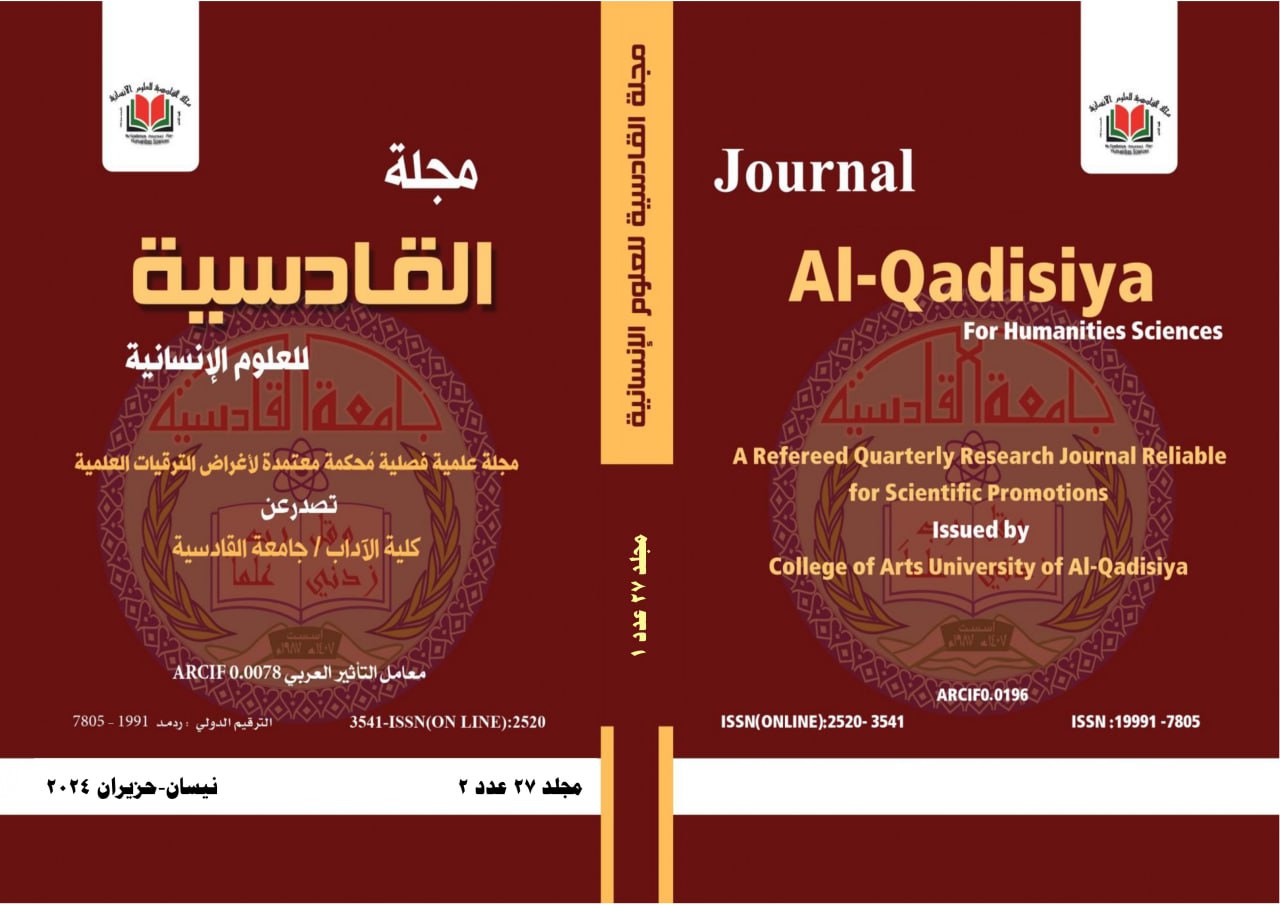Abstract
ABSTRACT
Popular culture is often defined through comparing it with high culture or culture of the elite. Its main concern is selling goods for people through decorating and redesigning products. In the modern age, it is associated with the art of gaining as more buyers as possible. Randall Jarrell (1914-1965) sheds light on the great threat which popular culture brings to American poetry. In popular culture, poetry is looked at as any other. This leaves the poet between two conflicting sides; having the individual unique character as a poet, and gaining the caring audience who supposedly have the real sense for the word "poetry". The present paper explores popular culture and traces its history and formation in America, the changes it brought to American life, its effect on Jarrell's generation. It also introduces on Jarrell's life and career, his attitude toward the phenomenon of popular culture, and finally the conflict between art and popular culture and how the latter devalues the role of poetry in American life, as reflected on Jarrell's The Lost World (1965).
Popular culture is often defined through comparing it with high culture or culture of the elite. Its main concern is selling goods for people through decorating and redesigning products. In the modern age, it is associated with the art of gaining as more buyers as possible. Randall Jarrell (1914-1965) sheds light on the great threat which popular culture brings to American poetry. In popular culture, poetry is looked at as any other. This leaves the poet between two conflicting sides; having the individual unique character as a poet, and gaining the caring audience who supposedly have the real sense for the word "poetry". The present paper explores popular culture and traces its history and formation in America, the changes it brought to American life, its effect on Jarrell's generation. It also introduces on Jarrell's life and career, his attitude toward the phenomenon of popular culture, and finally the conflict between art and popular culture and how the latter devalues the role of poetry in American life, as reflected on Jarrell's The Lost World (1965).
